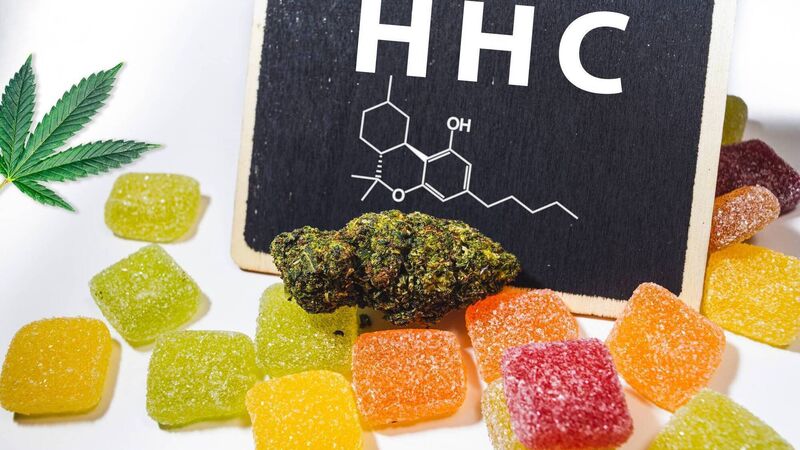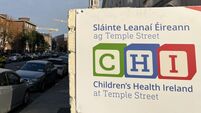Ireland's delay in banning HHC may have boosted demand

Vapes are the most common method of taking HHC (85%), followed by edibles in the form of candies and gummies (34%). Picture: iStock
Use of a semi-synthetic form of cannabis has become “widespread” in Ireland in a relatively short timeframe, according to research.
Hexahydrocannabinol (HHC) was legally available in Ireland — mostly through vape shops — despite the strong concerns of medical experts, until the Government eventually banned its sale last July.













